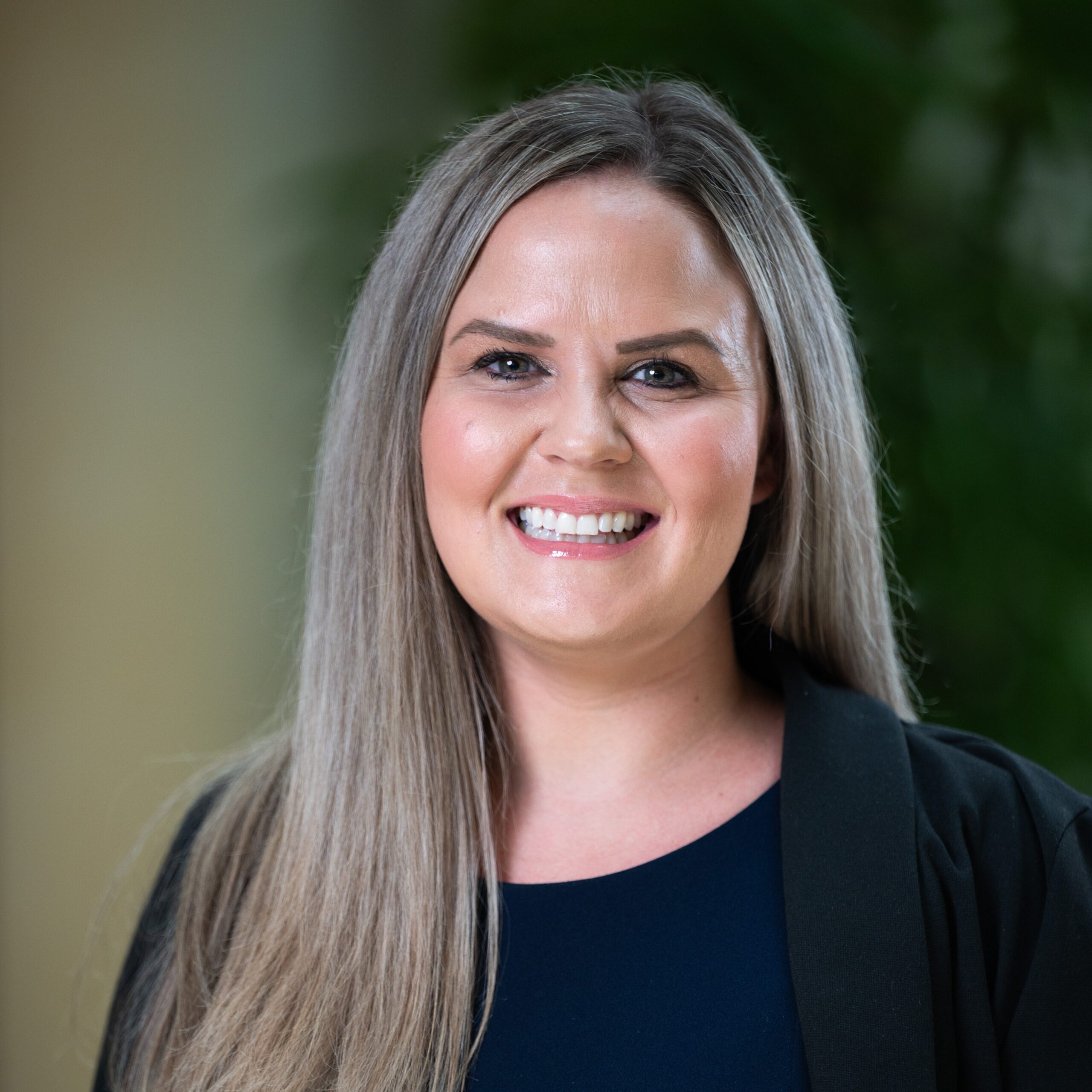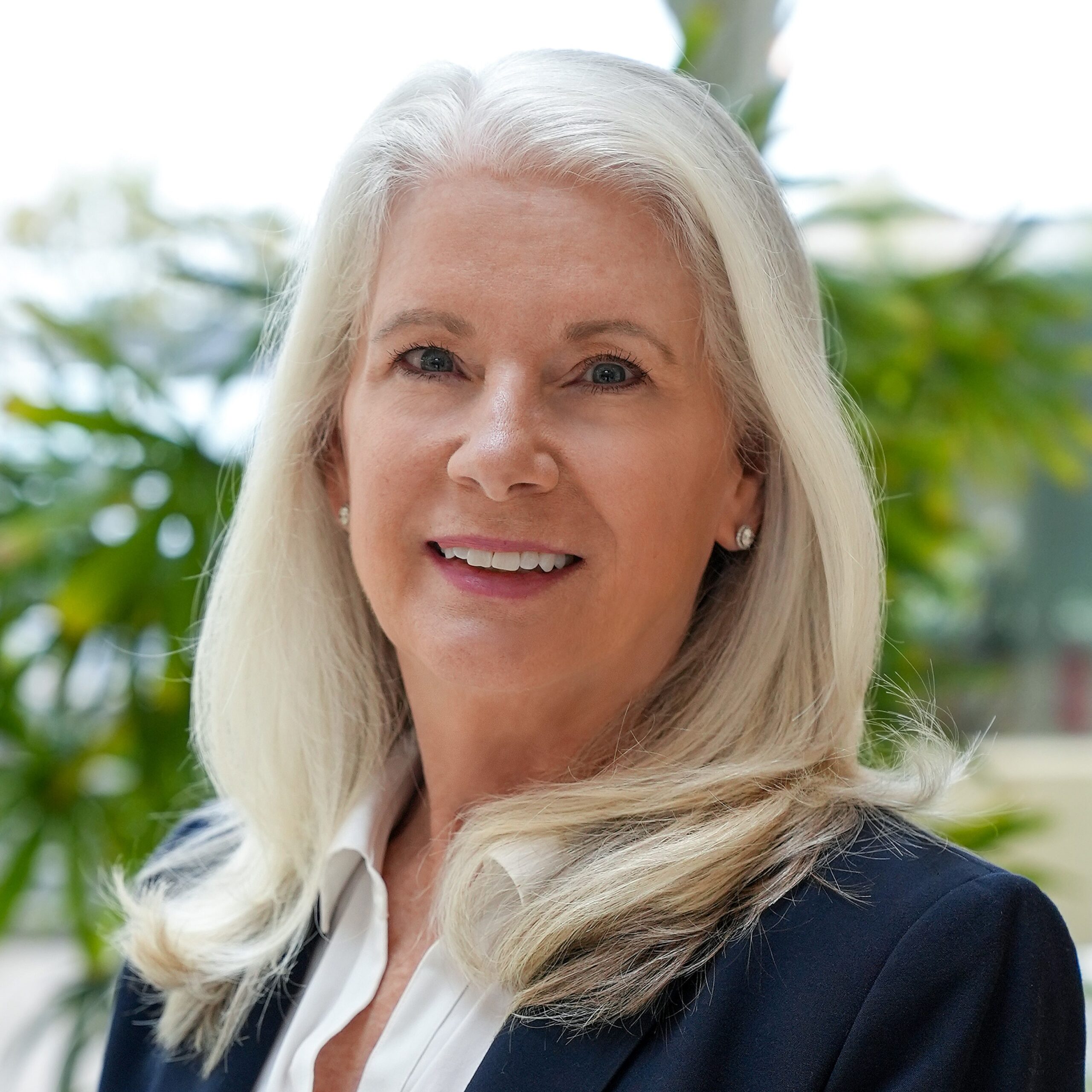In the constantly evolving world of healthcare, it is crucial to stay up to date on the latest trends. From telemedicine expansion to the integration of AI, there are new challenges and opportunities for you to make a significant impact and enhance the lives of patients.
Telemedicine expansion.
Telehealth usage has drastically increased from 0.1% in 2019 to around 17% of all patient visits in 2023. This is not just the utilization of new technologies; it is a shift in the approach to patient care that gives healthcare professionals the ability to customize treatments despite distance. This means that locums professionals can provide consultations, follow-ups, and many other types of care virtually, broadening the scope of who can receive care without the need of professional travel or relocation.

Telemedicine is now a fundamental part of healthcare that encourages innovation and the adoption of digital practices to sustain satisfactory care remotely. This shift marks a key phase in healthcare’s evolution, underscoring the necessity for flexibility, ingenuity, and patient-centric focus.
Interested in telehealth locum tenens opportunities? Click to learn more.
AI and machine learning in healthcare.
Artificial Intelligence (AI) and machine learning offer tools that drastically improve diagnostic accuracy and patient care, revolutionizing healthcare. It is estimated that AI could automate up to 45% of administrative tasks allowing for more time spent on patient care and less time at a desk.

These technologies allow healthcare professionals to quickly analyze data and enhance decision-making processes. The capability of AI to process patient information facilitates early disease detection and the creation of personalized treatment options. This significantly improves care standards while also addressing healthcare staffing challenges. This is a promising shift towards a healthcare system where professionals can dedicate more attention to understanding and meeting patient needs. If utilized effectively, AI not only improves patient outcomes, but also improves job satisfaction.
Locum tenens and well-being.
As healthcare worker well-being becomes an increasing concern, more healthcare institutions are turning to locum tenens staffing for solutions. Locums offers a relief, easing the strain on under-resourced facilities. Locums professionals can step in to fill gaps, mitigating staffing shortages and alleviating the workload for regular staff, which in turn, tackles the burnout issue head-on. Locum tenens professionals often find themselves enjoying a more balanced life, making it a win-win for everyone involved.
Your well-being is essential for your long-term health and happiness. It’s not just a trend but a continuous priority. In times of crisis, don’t hesitate to seek help. Dial 988 to reach the Suicide & Crisis Lifeline, available 24/7 with trained professionals ready to support you.
Explore our partnership with the Dr. Lorna Breen Heroes’ Foundation to understand how you can help address well-being challenges among healthcare professionals and the organizations across the country that are partnering with the Foundation to make a difference.
Locum tenens: putting you at the forefront of innovation.
Exploring a career in locum tenens gives you the opportunity to learn the latest in telemedicine, AI, and machine learning to enhance patient care, all while filling vital roles during staff shortages. Locum tenens work offers unparalleled flexibility and a unique chance to directly impact healthcare quality and accessibility. As you step into your role, you’re not just meeting immediate needs; you’re also contributing to the transformative growth of healthcare practices.


